Blackcurrants have a sweet and tart taste similar to black grapes. The fruits grow in clusters and have a dark skin, with a jelly-like green mass underneath. They grow on a small shrub believed to be native to Great Britain.
Blackcurrants are very rich in B vitamins, vitamin C and important minerals such as calcium, iron, magnesium, phosphorus, potassium and zinc. Only 100 grams of it provide 300% of the daily vitamin C needs.
Grapes also contain fiber, amino acids and essential fatty acids. In fact, blackcurrants were used as a substitute for oranges during the Second World War, with 4 times more Vitamin C.
It is believed that blackcurrants are very healthy even at an early age, and studies show that they reduce the occurrence of atopic dermatitis (skin disease).
The fruits of this shrub served as a medicine in the British Isles as early as the Middle Ages, being known for their ability to treat bladder stones and liver disorders. And if blackcurrant syrup is made, it would be very good for coughs and lung diseases.
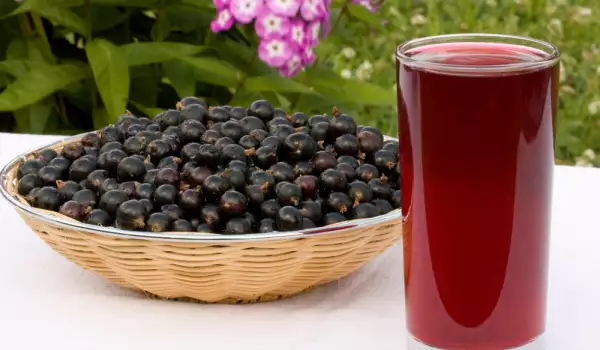
This little berry is like a multivitamin because of its abundance of vitamins A, B, and C, as well as potassium, magnesium, iron, phosphorus, zinc, and even calcium. They are also rich in essential fatty acids.
In addition, blackcurrants are rich in flavonoids, which support the functioning of blood vessels, reduce levels of bad LDL cholesterol. It is suitable for people with increased blood clotting, because the fruits prevent the formation of blood clots.
Blackcurrant fruit juice contains a certain polysaccharide that stimulates the immune defense. Research in this area indicates that it has known cytotoxic (toxic to harmful cells) properties against tumor cells.
This fruit is also particularly healthy because of its ability to slow down the aging processes in the body. For example, a high amount of Vitamin C slows down the rate of hair graying and the appearance of wrinkles.
Antioxidants also have a positive effect on the health of the eyes, preventing the appearance of cataracts (curtains), which occur due to the accumulation of oxidized proteins in the pupil of the eye, thus preventing the penetration of light.
Other studies also indicate that blackcurrant juice has a beneficial effect on neurodegenerative diseases such as Parkinson's and Alzheimer's.
Blackcurrant also serves as a remedy for urinary tract infections, such as cystitis (intrusion of bacteria into the bladder).
And besides very healthy, you know that blackcurrant is quite tasty:
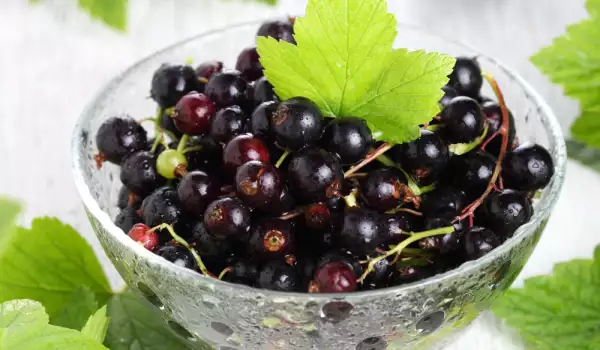
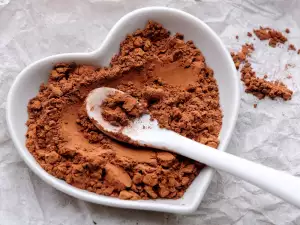
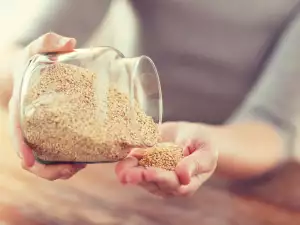
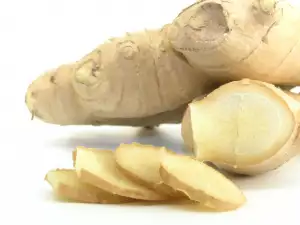


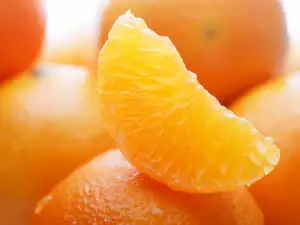
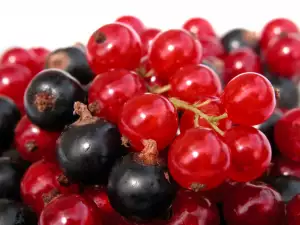
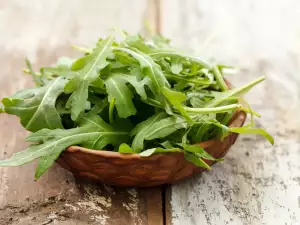
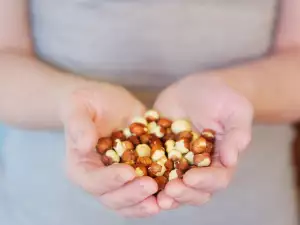
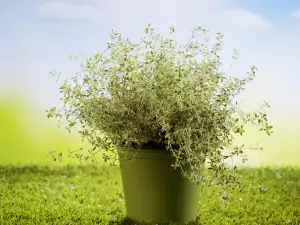
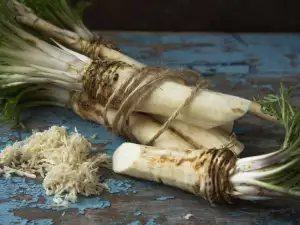
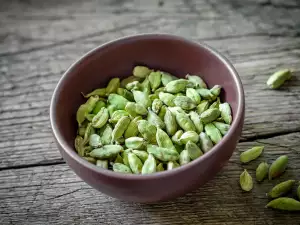
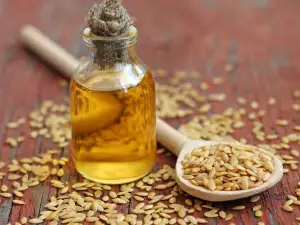
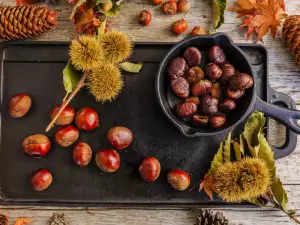
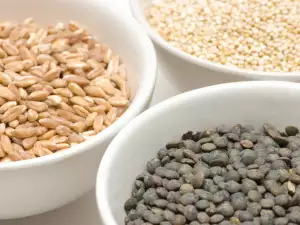




Comments